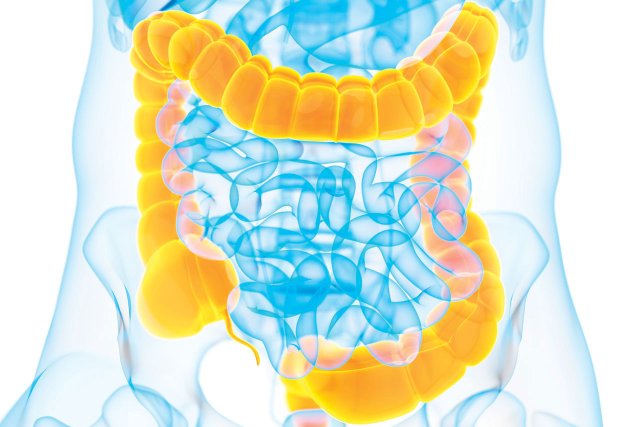 You’re not alone if you feel a little anxious about scheduling your colonoscopy. But the more you know about this procedure, the more you can see that it’s easier (and quicker) than you may think — and it could possibly save your life. Here, board-certified gastroenterologist and internal medicine physician Carmelo Herrero, MD, FACG, AGAF, of South Hills Gastroenterology, discusses this important screening.
You’re not alone if you feel a little anxious about scheduling your colonoscopy. But the more you know about this procedure, the more you can see that it’s easier (and quicker) than you may think — and it could possibly save your life. Here, board-certified gastroenterologist and internal medicine physician Carmelo Herrero, MD, FACG, AGAF, of South Hills Gastroenterology, discusses this important screening.
Q. Why should I get screened?
Of cancers that affect both men and women, colorectal cancer is the second leading cause of cancer-related deaths in the U.S., according to the Centers for Disease Control and Prevention. Also, it is the third most common cancer in men and in women. This is a cancer that can be prevented or detected early with regular screening.
Q. What’s the procedure like?
A colonoscopy is typically done under sedation or light anesthesia; hence there is no discomfort or awareness during the procedure. The colonoscope used in the test is a flexible tube that can be gently maneuvered through the large intestine. The exam usually takes 10 to 15 minutes, longer if multiple polyps are found and removed. Afterward, a decision is made about any follow-up colonoscopies. Typically, when the results are normal and there no other risk factors, screening is recommended every 10 years.
Q. What does preparation entail?
Typically, your gastroenterologist will talk with you and make an assessment prior to scheduling the procedure to educate you and determine the best way to prepare. A colonoscopy requires a thorough cleansing of the bowel. It’s important to follow the instructions in regard to laxatives and diet. This will optimize success at detecting all possible lesions or polyps during the exam.
Q. When should I start having colonoscopy exams?
Current recommendations from the American Cancer Society® suggest to begin screening colonoscopies at age 45. While there are several stool tests that can screen for cancer, colonoscopy is considered the “gold standard” because it is the only test that can screen and prevent cancer by removing polyps.

